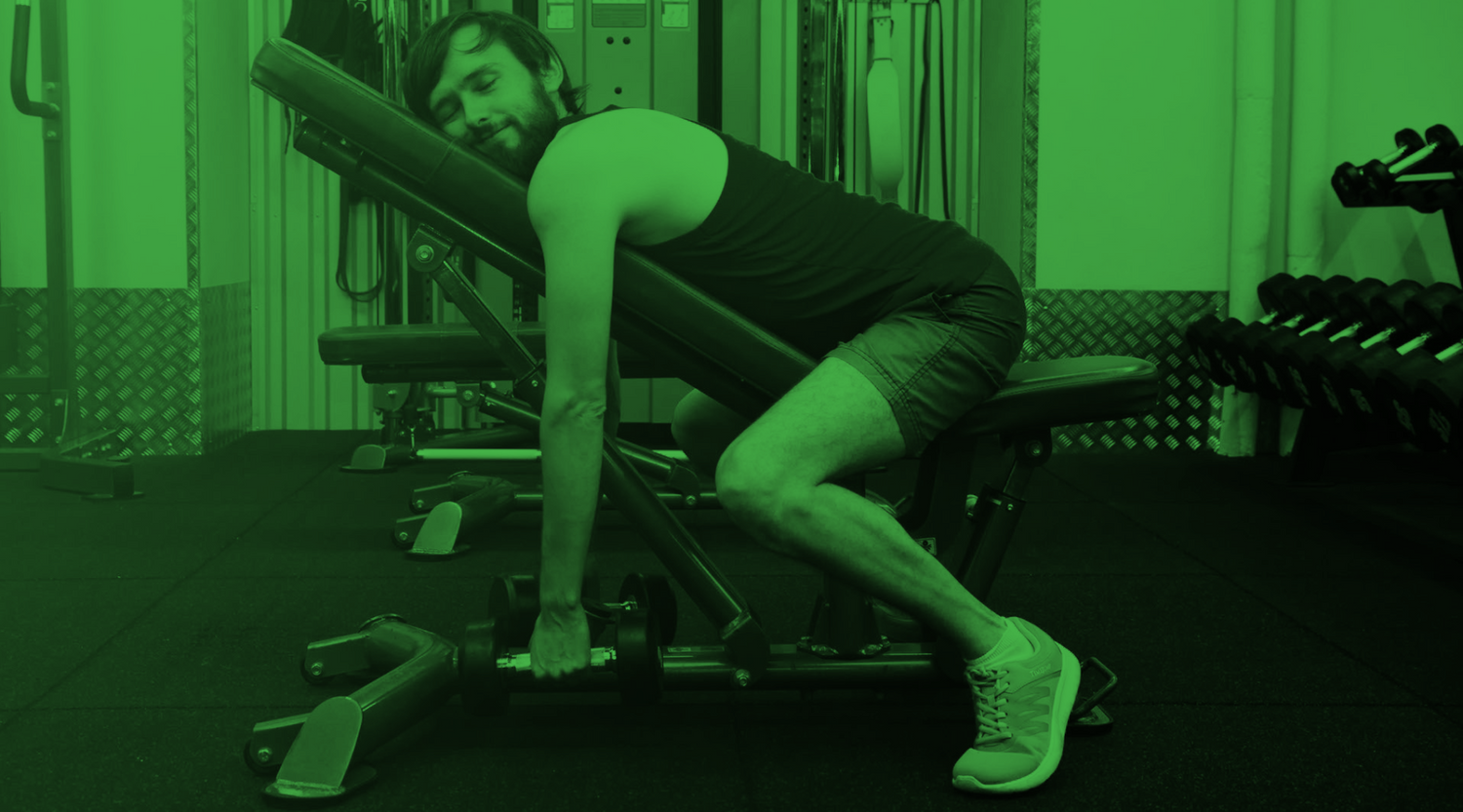It's no secret that training and nutrition are key to a healthier, fitter, and stronger lifestyle. But there's another crucial pillar often overlooked: sleep. Today, we're taking a closer look at how sleep affects your training performance and why it's especially important for anyone who trains to get a good night's sleep.
The Power of Sleep
Sleep is the unsung hero of the fitness world. It's during sleep that our bodies undergo several processes that aid recovery and muscle growth. Here's why sleep is so important for those of us who train regularly:
1. Muscle Recovery: During sleep, your body repairs and builds new muscle tissue. This is particularly important after a hard workout when your muscles need to recover from the physical stress they've endured.
2. Hormonal Balance: A good night's sleep supports the proper balance of hormones, like growth hormone and cortisol. Growth hormone aids in muscle building, while balanced cortisol levels can help manage stress and inflammation.
3. Cognitive Function and Mood: Sleep is vital for maintaining cognitive function and mood. Lack of sleep can impact motivation, focus, and overall mental health, which can, in turn, affect your performance in the gym.
4. Energy Levels: Finally, a lack of sleep can lead to fatigue and lower energy levels, which can significantly affect your ability to perform at your best during your workouts.
So, why does this matter? We’re conscious about what we eat and how it impacts our bodies and the world around us. This should extend to all aspects of our health, including sleep.
1. Protein and Recovery: Vegans need to ensure they are getting enough plant-based protein for muscle recovery. Adequate sleep supports the body’s ability to use this protein efficiently, meaning we can maximize the benefits of our carefully curated diets.
2. Nutrient Absorption: Some essential nutrients for sleep, like Vitamin B6, tryptophan, and magnesium. Sleep and diet are a two-way street. A balanced diet can support healthy sleep, and quality sleep can enhance the body's ability to absorb these critical nutrients.
3. Energy Maintenance: Quality sleep helps maintain our energy levels, allowing us to get the most out of our plant-powered fuel.
Maximizing Your Sleep Quality
Now that we understand the importance of sleep, here are some tips to ensure you're getting the most out of your rest:
1. Regular Sleep Schedule: Aim for 8 hours of sleep each night, and try to go to bed and wake up at the same time every day.
2. Pre-Sleep Routine: Develop a calming pre-sleep routine, such as reading, meditating, or taking a warm bath, to signal your body that it's time to sleep.
3. Nutrition: Ensure you’re consuming a diet rich in nutrients that support sleep, like tryptophan (found in tofu, pumpkin seeds, and almonds), magnesium (found in spinach, quinoa, and black beans), and Vitamin B6 (found in avocados, bananas, and sweet potatoes).
4. Exercise Timing: Regular exercise can promote better sleep. However, high-intensity workouts too close to bedtime may interfere with your sleep. Aim to finish vigorous workouts at least 3 hours before bed.
5. Limit Stimulants: Avoid caffeine and other stimulants close to bedtime, as these can interfere with your ability to fall asleep.







Leave a comment
This site is protected by hCaptcha and the hCaptcha Privacy Policy and Terms of Service apply.